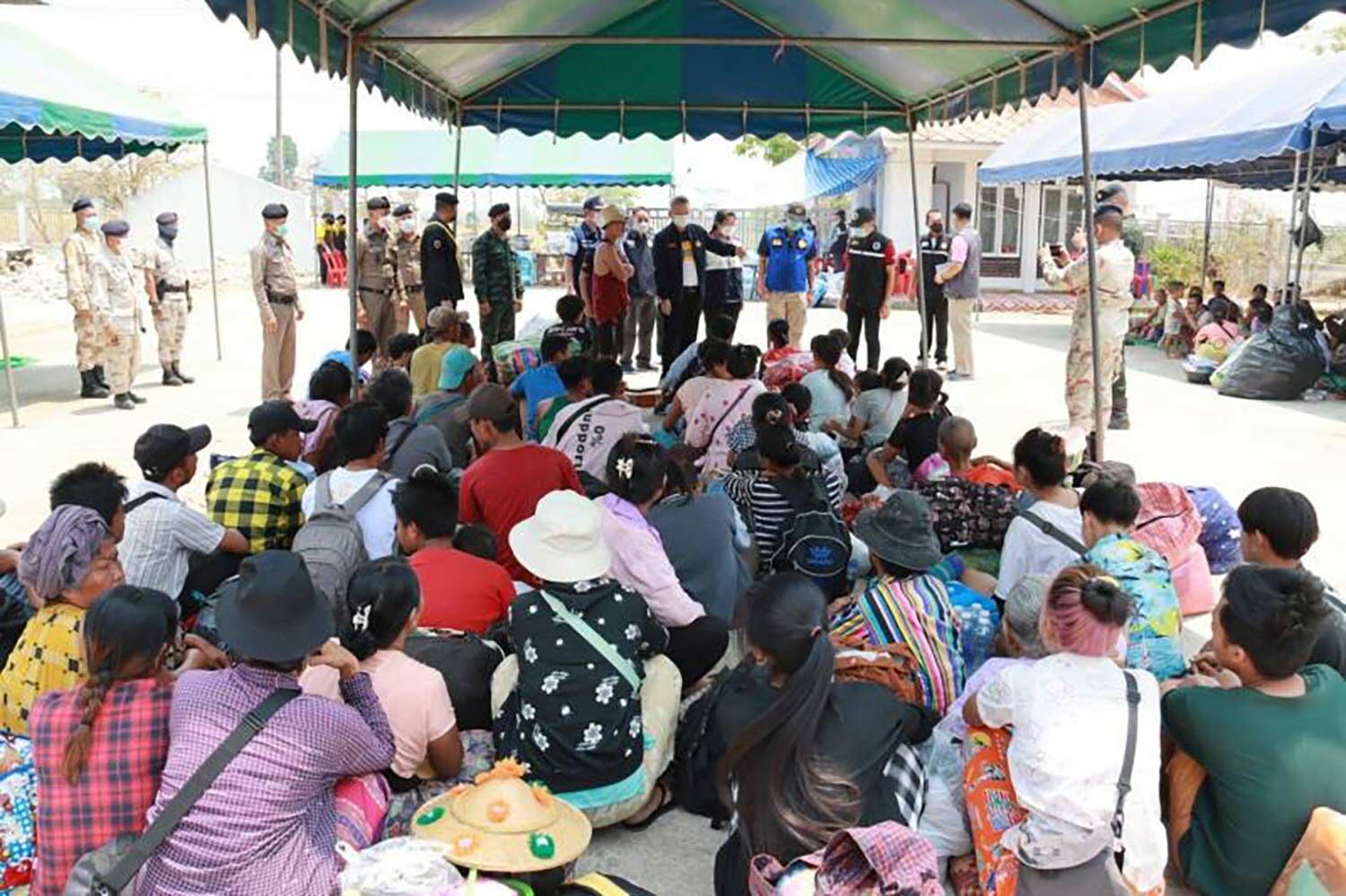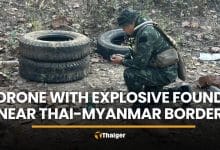Thai government contemplates extending humanitarian aid to Myanmar

A military source revealed that the Thai government is deliberating on extending widespread humanitarian aid to assist the vulnerable populations in Myanmar. Additionally, Thailand is considering hosting discussions with the leader of Myanmar and ethnic minority factions to resolve the country’s crisis.
The Thai prime minister, Srettha Thavisin, has been engaged in conversations with Foreign Minister Parnpree Bahiddha-nukara and the leadership of the armed forces. The subject of these talks is the ongoing conflict in Myanmar, a neighbouring country. According to the source, if this unrest continues, significant ramifications for Thailand are anticipated.
Thailand, under PM Srettha’s direction, is contemplating action through the ASEAN Five-Point Consensus (5PC). The plan is to send humanitarian aid to vulnerable groups in Myanmar.
The Myanmar military seized power from an elected government in February 2021. Following this event, the ASEAN proposed the 5PC to Myanmar’s junta. However, the proposal was met with indifference amidst conflicts between the State Administrative Council (SAC) and different resistance groups.
“The Thai government via the Foreign Ministry will coordinate with the Myanmar government in assisting vulnerable populations while the military will provide necessary support.”
In the last days of December, Minister Parnpree announced that the ministry was contemplating establishing a centre on the Thai-Myanmar border. The purpose of this facility would be to provide humanitarian assistance to the refugees from Myanmar, who are fleeing the internal conflict between junta forces and insurgent ethnic minority groups, reported Bangkok Post.
Transport, medication, food
According to Minister Parnpree, Myanmar has not yet dispatched a working team to liaise with the ministry in Thailand. This meeting was expected to cover the specifics of the new centre that would also function as a conduit for transport, medication and food for those impacted by the Myanmar conflict.
Political Science Adjunct lecturer at Silpakorn University, Anekchai Rueangrattanakorn, applauded the Foreign Ministry’s initiative to extend humanitarian assistance to those affected by the Myanmar crisis.
“As an ASEAN member, the Thai government can use this opportunity to show that while its stance is firmly in favour of sovereignty and non-interference principles, it will not neglect or ignore the crisis and human rights violations in neighbouring countries either.”
Anekchai proposed that the government could facilitate humanitarian assistance via the military of both countries, in addition to the Foreign Ministry.
“If Thailand ignores this issue, it will not only be watching people dying, but it will also lead to larger challenges, such as human trafficking, illegal immigration, and the further spread of Covid-19, as a result.”
Panitan Wattanayagorn, a security and international relations expert and former lecturer at Chulalongkorn University, noted that humanitarian assistance is one facet of the five-point consensus that Thailand has been advocating for. Still, progress has been lacking, particularly in establishing a safe zone for aid delivery.
Humanitarian corridor
He mentioned several international attempts, including efforts by China, to assist in ceasefire negotiations and open a humanitarian corridor for other nations to help deliver aid.
If the declarations from China’s Foreign Ministry are accurate, Thailand could seize this opportunity to offer humanitarian assistance to Myanmar, he suggested.
“Thailand could use the ASEAN mechanism it has in Singapore as a humanitarian front, while a ceasefire agreement gives us access to areas controlled by ethnic groups who may not otherwise open their gates.”
In November last year, ASEAN released a statement on the Escalation of Conflicts in the Northern Shan State. They urged Myanmar authorities and other involved parties to provide urgent humanitarian aid and ensure the swift and safe passage of stranded foreign nationals out of the country. They also reaffirmed their commitment to a peaceful and long-lasting solution to the crisis through the implementation of the Five-Point Consensus.
Latest Thailand News
Follow The Thaiger on Google News:


























